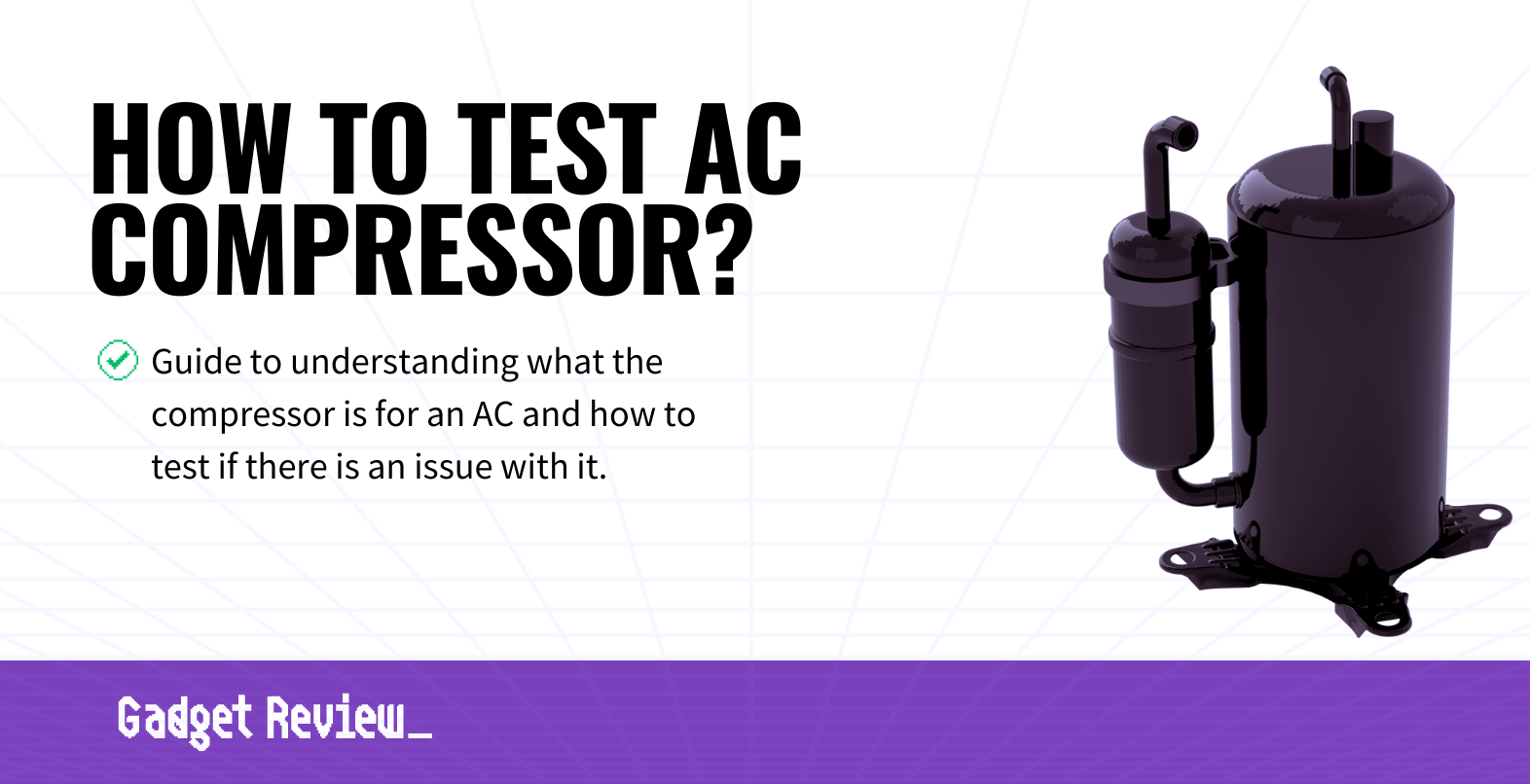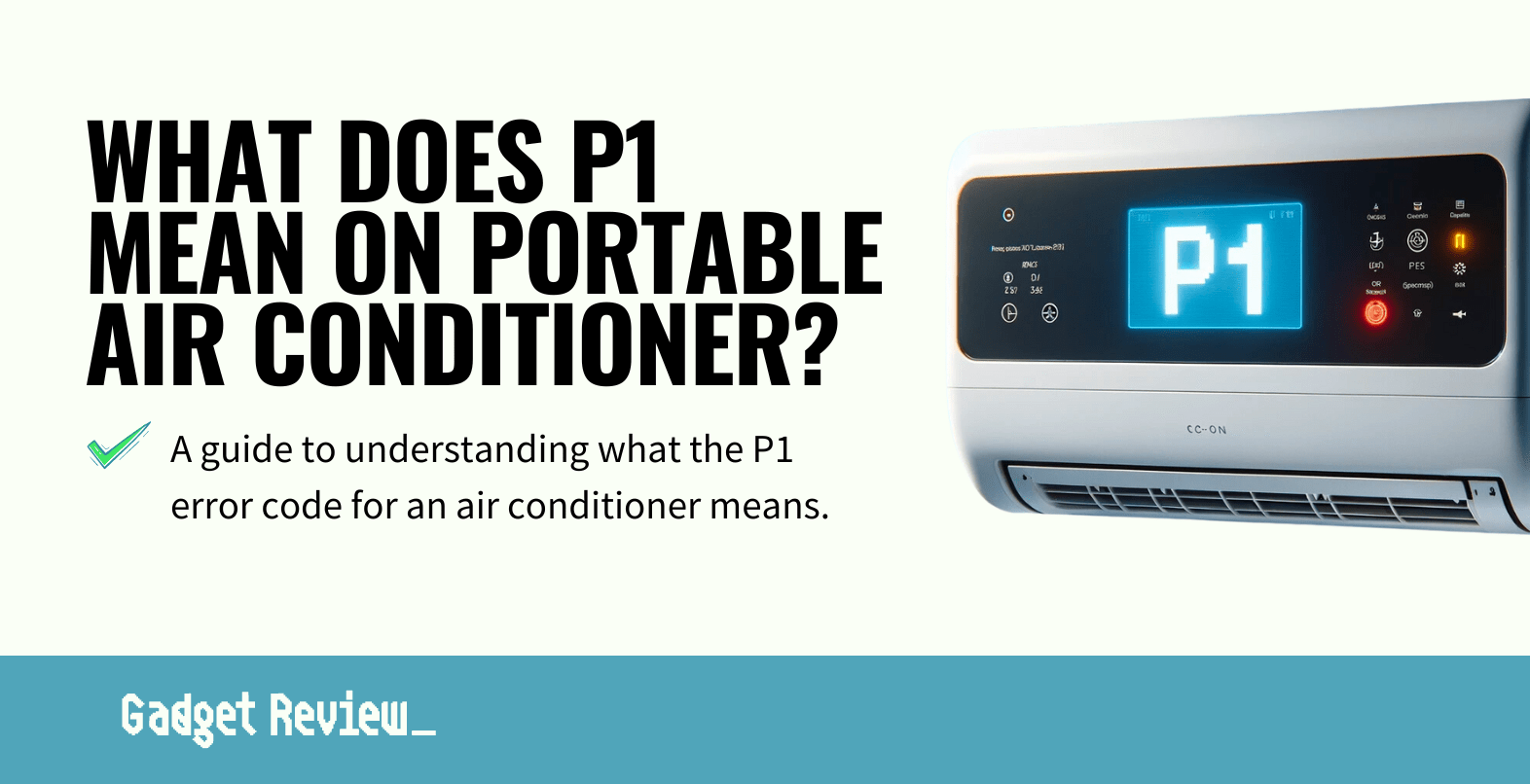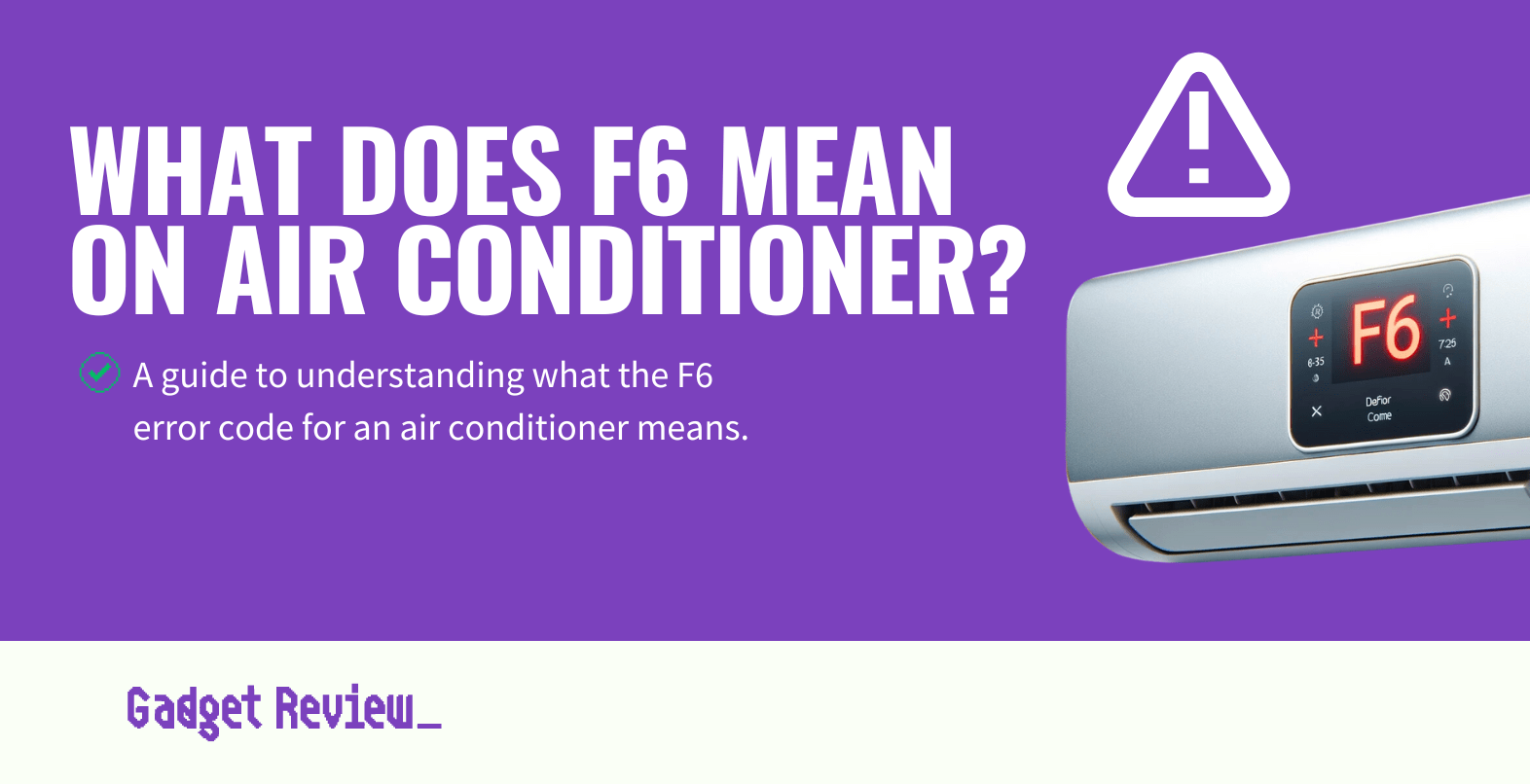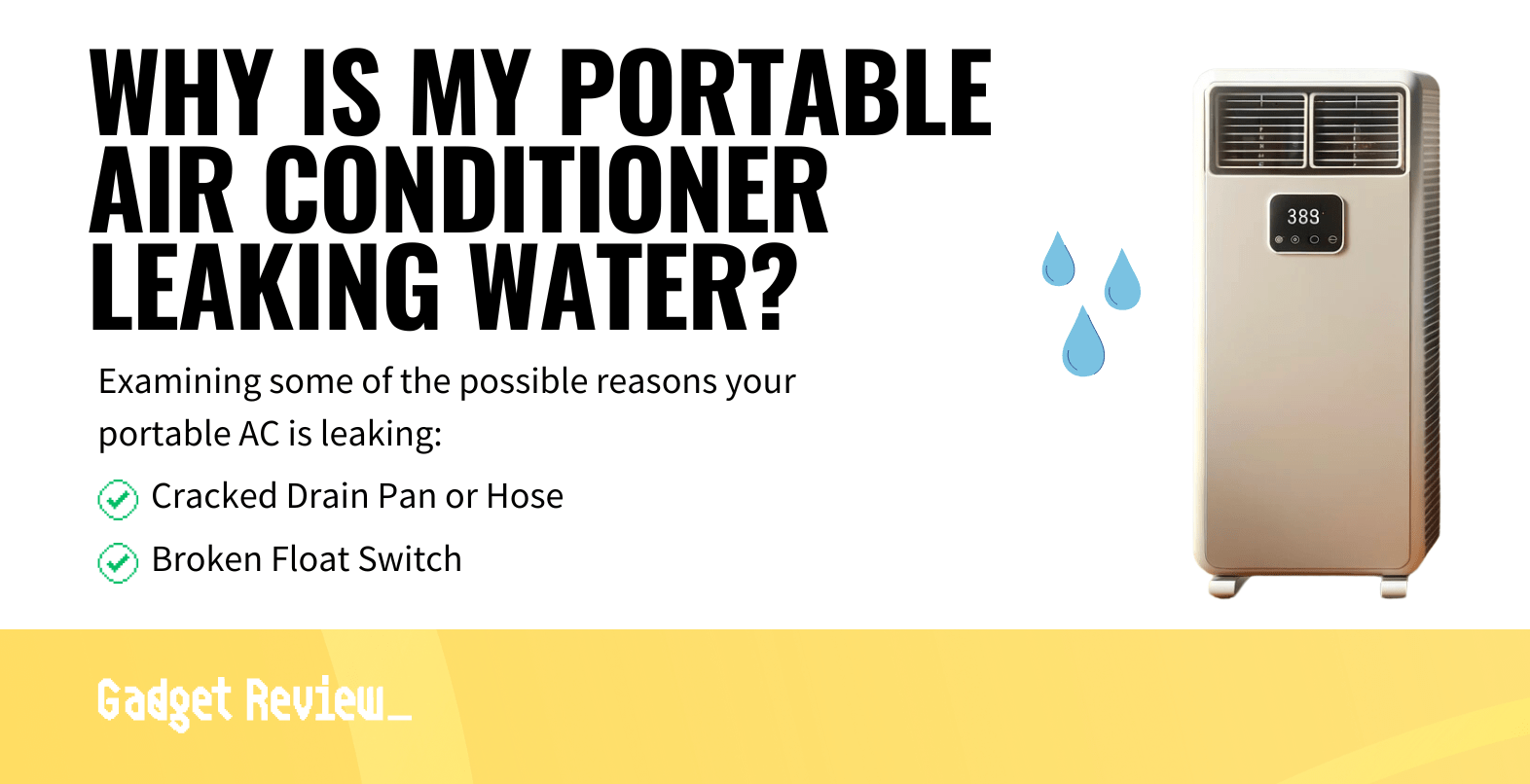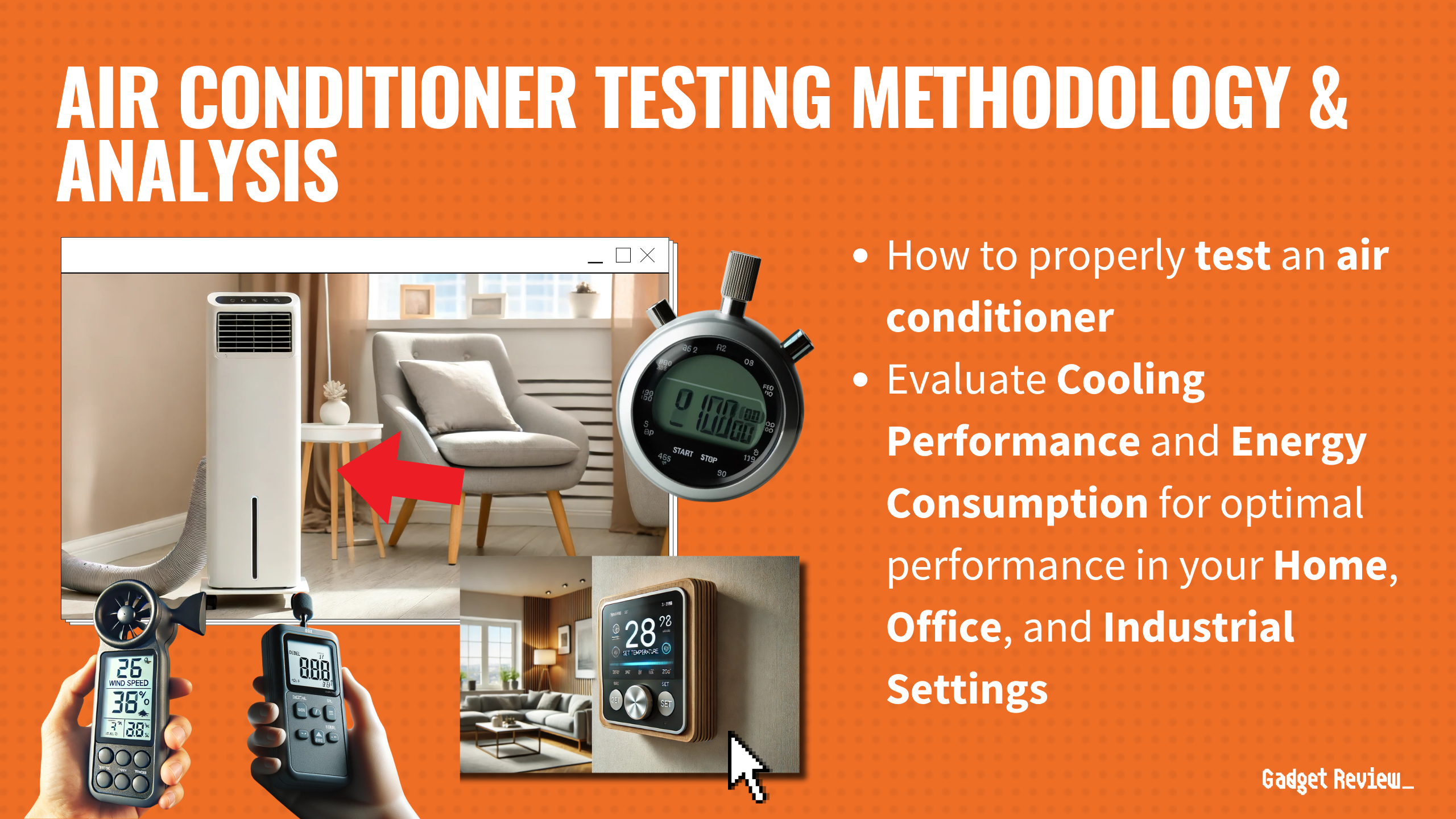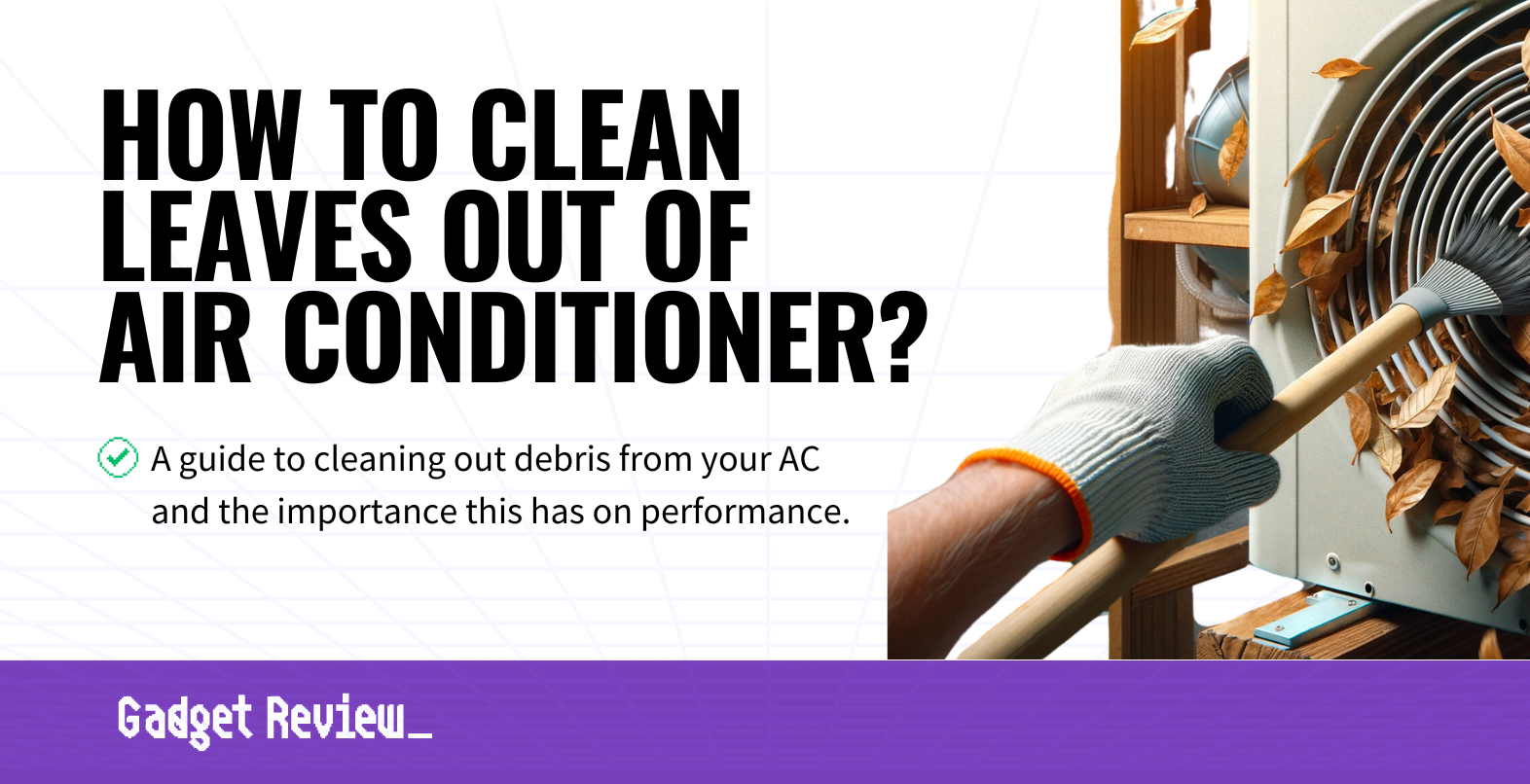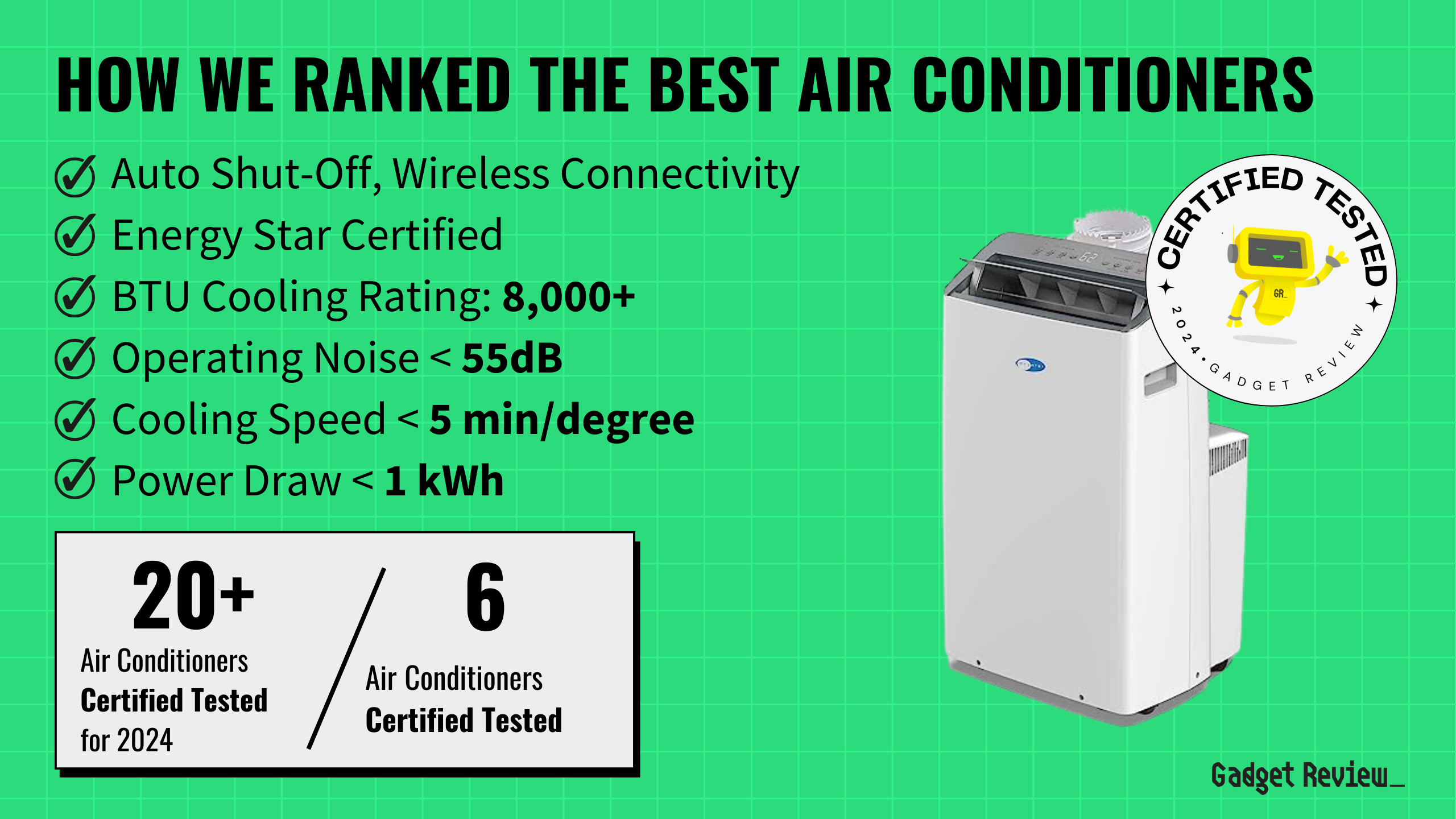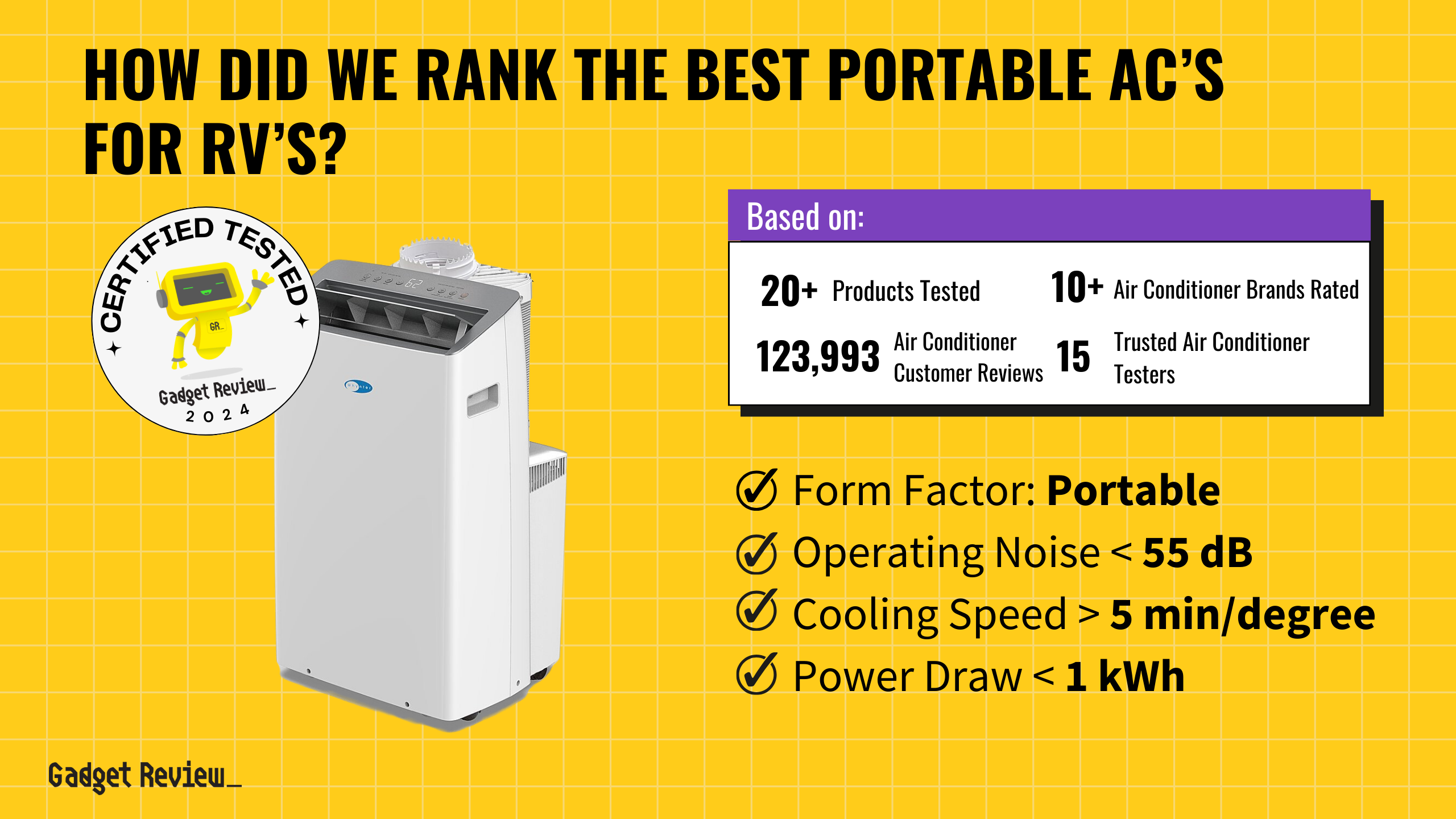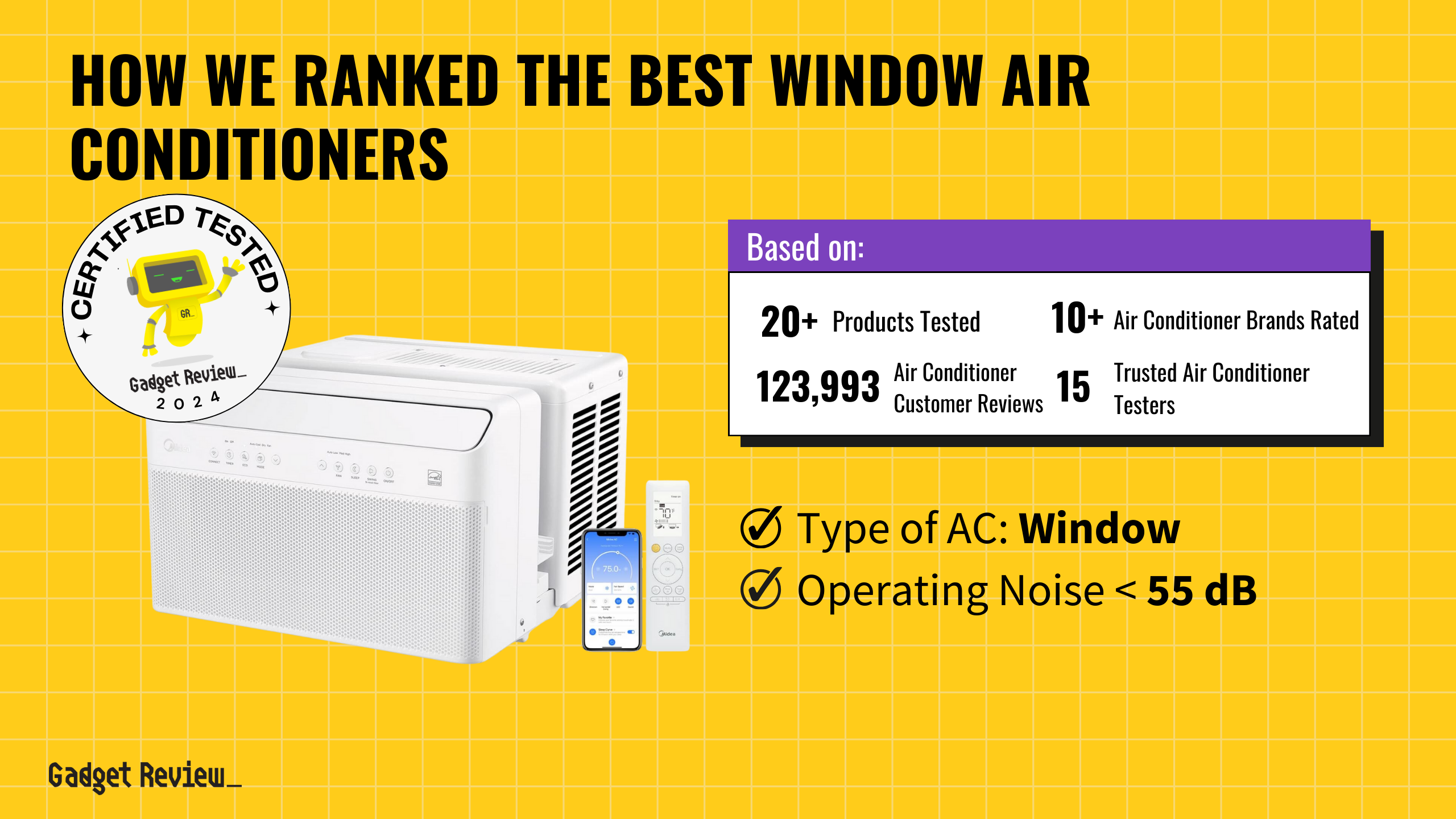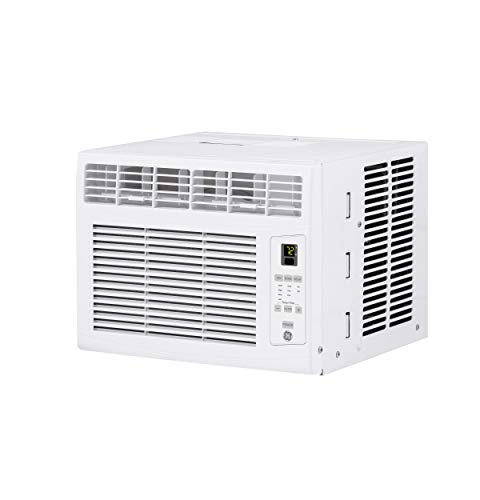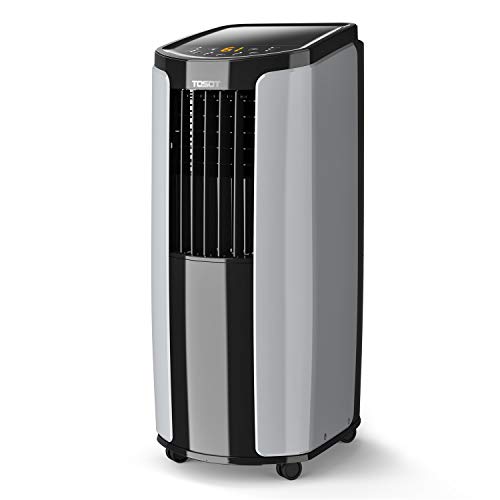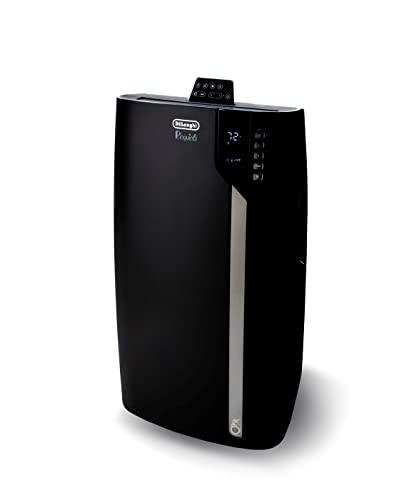Even the best air conditioners can sometimes break down, and a faulty compressor is a concern for any AC owner. Firstly, you should check for any faults with the AC compressor by turning off your AC and inspecting the unit visually. If you spot any signs of wear or damage to the compressor, then it probably needs to be replaced. Next, continue testing the AC compressor, and then check the electrical connections, ensure they’re firmly in place, and look for any signs of corrosion. Because caring for your cooling unit can often be confusing, we’ll show you how to test an air conditioner compressor in this article.
Key Takeaways_
- The compressor circulates the refrigerant through the condenser coils that cool the inflowing air.
- You’ll need a specialty tool called a multimeter to test your compressor.
- If your tests read consistently over 30 ohms, you will probably have to replace the compressor.
Testing Your AC Compressor
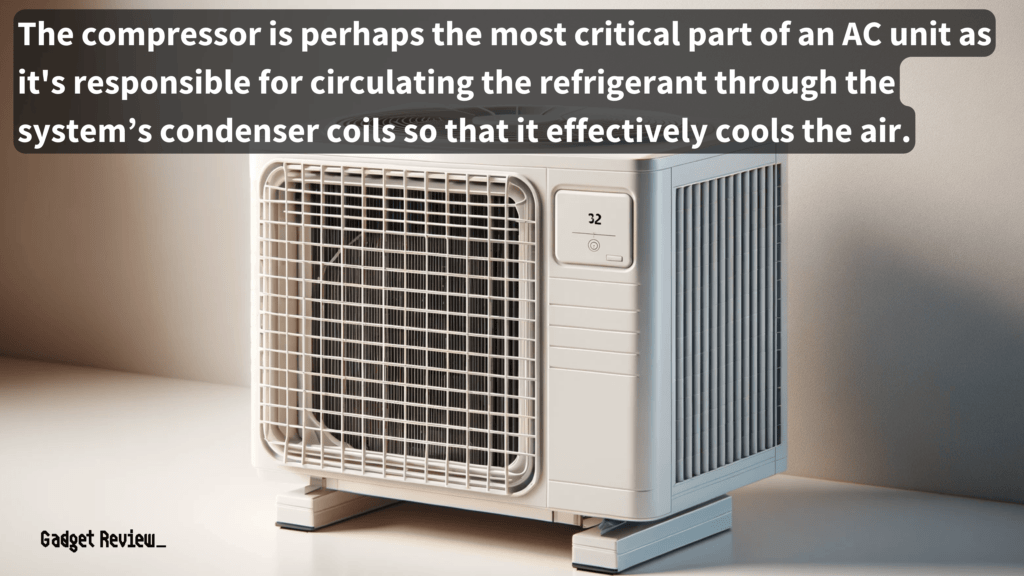
Before diving into the testing process, ensuring your safety and gathering the necessary tools is crucial. Regular maintenance checks can preempt many common issues, but when a compressor problem arises, a multimeter becomes your best ally.
This meter will help you measure resistance and voltage levels at various points of the compressor circuit.
Start by ensuring all electrical connections are secure and that the power supply to the compressor is turned off, typically done by removing the fuse from the fuse box or switching off the circuit breaker.
Learning how to test an AC capacitor is also crucial, as a faulty capacitor can lead to ac issues similar to those caused by a bad compressor.
STEP 1 Power Down your AC Unit
Go to the fuse box with the circuit breaker panel that powers your AC unit. Switch off the power supply. Then, from the power access panel, monitor the power flow and make sure it’s not coming from an unexpected power source. Finally, turn off breakers to ensure no electricity is running through them.
To turn off the air conditioner completely, not only should the power be disconnected, but the thermostat should also be set to ‘off’ to ensure no signals are sent to the air conditioning unit.
STEP 2 Remove the Access Panel
Unscrew everything that fastens the access panel. Remove the panel so that the electronics and wires are showing.
STEP 3 Check for Damage
- Inspect the wires, compressor, and capacitor for visible damage. Check for any ruptures, burn marks, frayed wires, or a blown fuse.
- The compressor is a cylindrical black or silver tube with three wires connected to it.
- Specifically, check the compressor’s terminals (the metal parts that the wires connect to) for burn marks.
- While inspecting the compressor for damage, also examine the evaporator coils and other components for any physical damage that could lead to costly repairs if left unaddressed.
- If no damage is detected, you’ll have to inspect it with a multimeter.
insider tip
A wave or diode symbol should represent the continuity setting on a multimeter.
STEP 4 Locate the C, R, and S Terminals
- Get out your multimeter and turn it to the “continuity” setting.
- Place the red node on the C terminal and the black node on the S terminal.
- Look at the ohm reading to check for proper voltage. It should read significantly below 30 ohms.
- Leave the red node on C, and move the black node to R.
- Check the ohm reading. Again, if it is above thirty, you likely have a bad compressor.
- Finally, put the red node on the R and the black node on the S. This number should also read under 30.
- If the numbers read consistently above thirty, you need to replace your compressor.
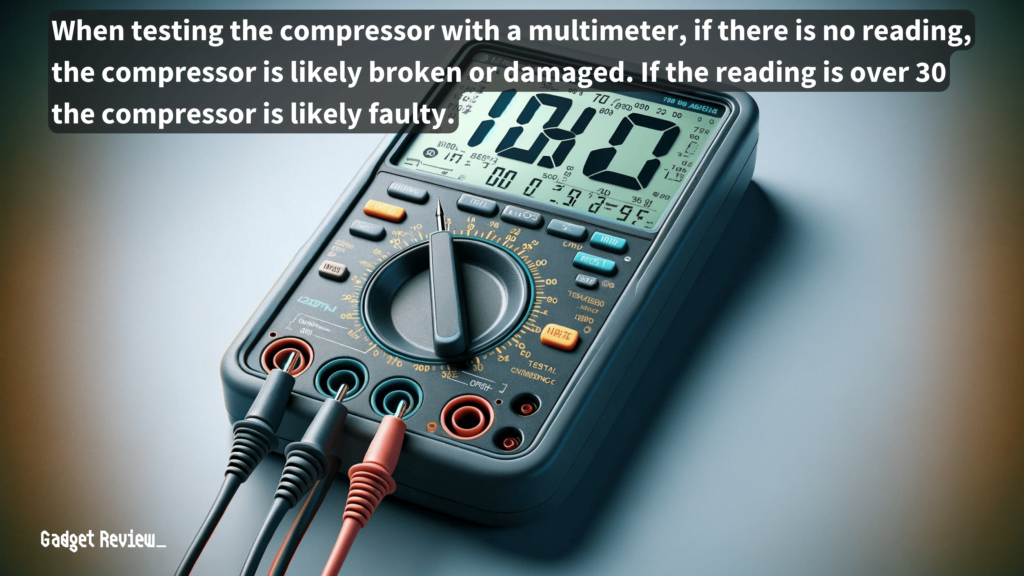
STAT: The acceptable ohm range is usually labeled on the capacitor. If the capacitor tells you “50 ±5%,” the acceptable range is 47.5 to 52.5 F. (source)
What is an Air Conditioner Compressor?
An AC compressor is more than just an essential component; it’s the lifeblood of your air conditioning system. It’s responsible for circulating the refrigerant through the system’s condenser coils so that it effectively cools the air.
However, when issues arise, they can manifest as strange noises, reduced cooling efficiency, or even complete failure of the cooling system.
Key signs of a bad compressor include unusual noise levels, inability to maintain cool temperatures, and visible damage to the compressor.
Utilizing the AC’s dry mode can help maintain a comfortable environment by reducing humidity without overworking the compressor.
Understanding these signs and the basic operation of compressors is the first step in diagnosing potential issues.
warning
You can purchase and replace an AC compressor yourself, but this is often expensive and better handled by an HVAC professional.
Testing your AC compressor is a critical aspect of maintaining your air conditioning system for efficient cooling. By following the steps outlined in this article, from preparing for the test to interpreting the results, you can diagnose and address issues with confidence.
Remember, while some problems can be fixed with simple repairs, others might require professional attention. Regular maintenance will ensure your air conditioning system operates at its best.


